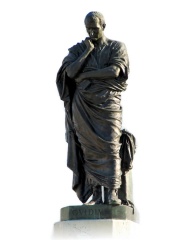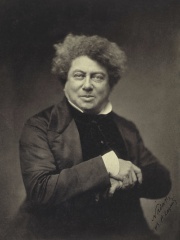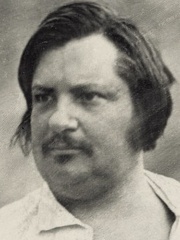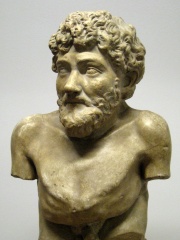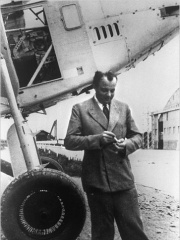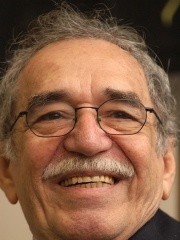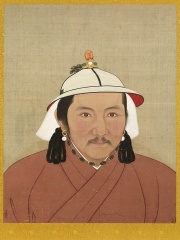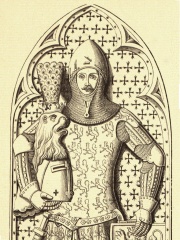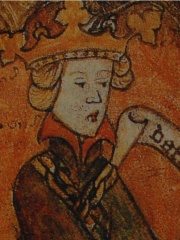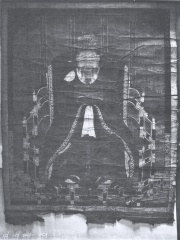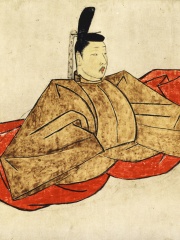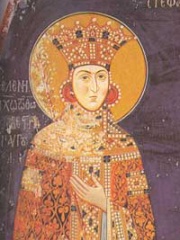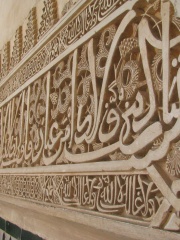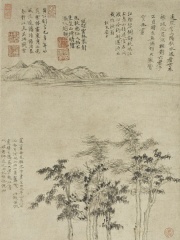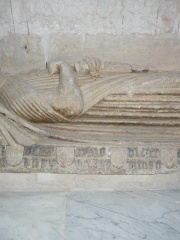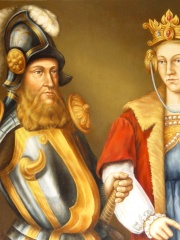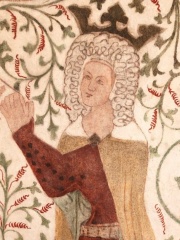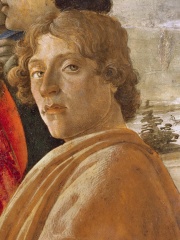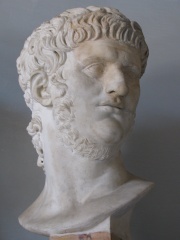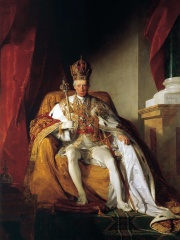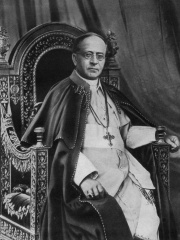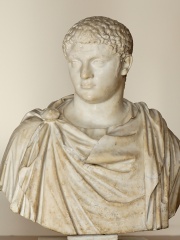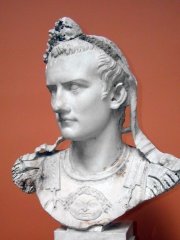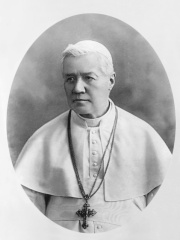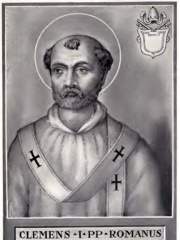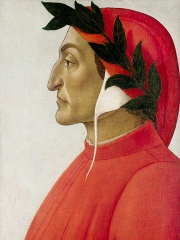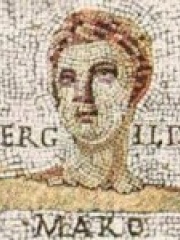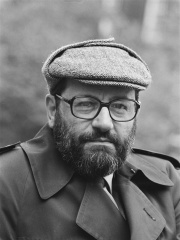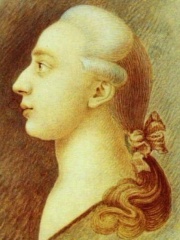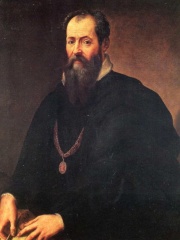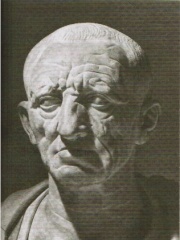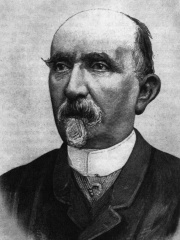Писатель
Petrarch
1304 - 1374
RU.WIKIPEDIA PAGE VIEWS (PV)
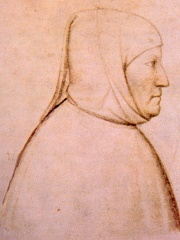
 Petrarch
Petrarch
Его биография доступна на 109 различных языках в Википедии (рост с 108 в 2024 году). Petrarch занимает 27-е место среди самых популярных писатель (снижение с 21-е места в 2024 году), занимает 36-е место среди самых популярных биографий из Италии (снижение с 23-е места в 2019 году) и занимает 4-е место среди писатель Италия.
Memorability Metrics
Page views of Petrarch by language
Among Писатель
Among писатель, Petrarch ranks 27 out of 7,302. Before him are Ovid, Alexandre Dumas, Albert Camus, Hesiod, Anton Chekhov, and Rumi. After him are Honoré de Balzac, Aesop, Antoine de Saint-Exupéry, Gabriel García Márquez, Giovanni Boccaccio, and Agatha Christie.
Most Popular Писатель in Wikipedia
Go to all RankingsOvid
43 BC - 17
HPI: 86.87
Rank: 21
Alexandre Dumas
1802 - 1870
HPI: 86.83
Rank: 22
Albert Camus
1913 - 1960
HPI: 86.77
Rank: 23
Hesiod
800 BC - 700 BC
HPI: 86.72
Rank: 24
Anton Chekhov
1860 - 1904
HPI: 86.67
Rank: 25
Rumi
1207 - 1273
HPI: 86.64
Rank: 26
Petrarch
1304 - 1374
HPI: 86.60
Rank: 27
Honoré de Balzac
1799 - 1850
HPI: 86.38
Rank: 28
Aesop
620 BC - 564 BC
HPI: 86.32
Rank: 29
Antoine de Saint-Exupéry
1900 - 1944
HPI: 86.21
Rank: 30
Gabriel García Márquez
1927 - 2014
HPI: 86.19
Rank: 31
Giovanni Boccaccio
1313 - 1375
HPI: 85.98
Rank: 32
Agatha Christie
1890 - 1976
HPI: 85.80
Rank: 33
Contemporaries
Among people born in 1304, Petrarch ranks 1. After him are Ibn Battuta, Jayaatu Khan Tugh Temür, Louis I, Count of Flanders, Ibn al-Shatir, Magnus I, Duke of Brunswick-Lüneburg, and Günther von Schwarzburg. Among people deceased in 1374, Petrarch ranks 1. After him are Magnus IV of Sweden, Gongmin of Goryeo, Pan Geng, Philip II, Prince of Taranto, Emperor Go-Kōgon, Helena of Bulgaria, Empress of Serbia, Ibn al-Khatib, Ni Zan, Sancho Alfonso, 1st Count of Alburquerque, Bogislaw V, Duke of Pomerania, and Helvig of Schleswig.
Others Born in 1304
Go to all RankingsPetrarch
WRITER
1304 - 1374
HPI: 86.60
Rank: 1
Ibn Battuta
EXPLORER
1304 - 1368
HPI: 85.06
Rank: 2
Jayaatu Khan Tugh Temür
POLITICIAN
1304 - 1332
HPI: 70.13
Rank: 3
Louis I, Count of Flanders
POLITICIAN
1304 - 1346
HPI: 66.59
Rank: 4
Ibn al-Shatir
MATHEMATICIAN
1304 - 1375
HPI: 66.33
Rank: 5
Magnus I, Duke of Brunswick-Lüneburg
NOBLEMAN
1304 - 1369
HPI: 65.42
Rank: 6
Günther von Schwarzburg
NOBLEMAN
1304 - 1349
HPI: 60.40
Rank: 7
Others Deceased in 1374
Go to all RankingsPetrarch
WRITER
1304 - 1374
HPI: 86.60
Rank: 1
Magnus IV of Sweden
POLITICIAN
1316 - 1374
HPI: 71.59
Rank: 2
Gongmin of Goryeo
POLITICIAN
1330 - 1374
HPI: 69.42
Rank: 3
Pan Geng
POLITICIAN
1500 BC - 1374
HPI: 65.94
Rank: 4
Philip II, Prince of Taranto
POLITICIAN
1329 - 1374
HPI: 65.55
Rank: 5
Emperor Go-Kōgon
POLITICIAN
1338 - 1374
HPI: 65.48
Rank: 6
Helena of Bulgaria, Empress of Serbia
POLITICIAN
1400 - 1374
HPI: 65.48
Rank: 7
Ibn al-Khatib
WRITER
1313 - 1374
HPI: 65.27
Rank: 8
Ni Zan
PAINTER
1301 - 1374
HPI: 62.79
Rank: 9
Sancho Alfonso, 1st Count of Alburquerque
POLITICIAN
1342 - 1374
HPI: 62.43
Rank: 10
Bogislaw V, Duke of Pomerania
NOBLEMAN
1318 - 1374
HPI: 61.25
Rank: 11
Helvig of Schleswig
COMPANION
1320 - 1374
HPI: 59.86
Rank: 12
In Италия
Among people born in Италия, Petrarch ranks 36 out of NaN. Before him are Marcus Aurelius (121), Sandro Botticelli (1445), Nero (37), Francis II, Holy Roman Emperor (1768), Ovid (-43), and Pope Pius XI (1857). After him are Amerigo Vespucci (1454), Geta (189), Caligula (12), Pope Pius X (1835), Pope Clement I (40), and Giovanni Boccaccio (1313).
Others born in Италия
Go to all RankingsMarcus Aurelius
POLITICIAN
121 - 180
HPI: 87.41
Rank: 30
Sandro Botticelli
PAINTER
1445 - 1510
HPI: 87.24
Rank: 31
Nero
POLITICIAN
37 - 68
HPI: 87.19
Rank: 32
Francis II, Holy Roman Emperor
POLITICIAN
1768 - 1835
HPI: 87.05
Rank: 33
Ovid
WRITER
43 BC - 17
HPI: 86.87
Rank: 34
Pope Pius XI
RELIGIOUS FIGURE
1857 - 1939
HPI: 86.66
Rank: 35
Petrarch
WRITER
1304 - 1374
HPI: 86.60
Rank: 36
Amerigo Vespucci
EXPLORER
1454 - 1512
HPI: 86.55
Rank: 37
Geta
POLITICIAN
189 - 211
HPI: 86.28
Rank: 38
Caligula
POLITICIAN
12 - 41
HPI: 86.28
Rank: 39
Pope Pius X
RELIGIOUS FIGURE
1835 - 1914
HPI: 86.02
Rank: 40
Pope Clement I
RELIGIOUS FIGURE
40 - 99
HPI: 86.00
Rank: 41
Giovanni Boccaccio
WRITER
1313 - 1375
HPI: 85.98
Rank: 42
Among Писатель In Италия
Among писатель born in Италия, Petrarch ranks 4. Before him are Dante Alighieri (1265), Virgil (-70), and Ovid (-43). After him are Giovanni Boccaccio (1313), Horace (-65), Umberto Eco (1932), Giacomo Casanova (1725), Giorgio Vasari (1511), Cato the Elder (-243), Carlo Collodi (1826), and Plautus (-254).
Dante Alighieri
1265 - 1321
HPI: 92.13
Rank: 1
Virgil
70 BC - 19 BC
HPI: 88.05
Rank: 2
Ovid
43 BC - 17
HPI: 86.87
Rank: 3
Petrarch
1304 - 1374
HPI: 86.60
Rank: 4
Giovanni Boccaccio
1313 - 1375
HPI: 85.98
Rank: 5
Horace
65 BC - 8 BC
HPI: 84.80
Rank: 6
Umberto Eco
1932 - 2016
HPI: 83.13
Rank: 7
Giacomo Casanova
1725 - 1798
HPI: 83.07
Rank: 8
Giorgio Vasari
1511 - 1574
HPI: 82.06
Rank: 9
Cato the Elder
243 BC - 149 BC
HPI: 79.82
Rank: 10
Carlo Collodi
1826 - 1890
HPI: 79.68
Rank: 11
Plautus
254 BC - 184 BC
HPI: 79.62
Rank: 12
